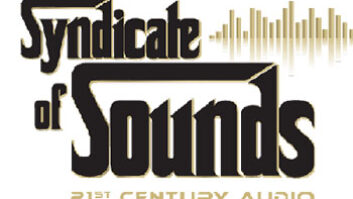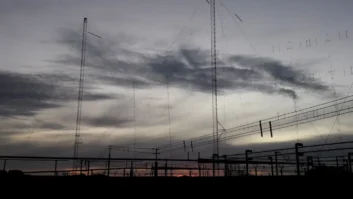In a nearly three-hour hearing today on possible changes to federal copyright law regarding music licensing, lawmakers kept asking the nine witnesses what they would like reform to look like.
There was some agreement on closing the loophole that denies artists performance royalties for pre-1972 recordings, but not on much else.
Indeed, at a subcommittee hearing of the House Judiciary Committee, Rep. Tom Marino (R-Pa.) called the current music royalty scheme, which differs depending on which platform the music is played, “confusing and complex.” He asked the witnesses to “think about sitting down with us as a group.” Crafting reform legislation “is a monumental task, but we will attempt it.”
Rep. Cedric Richmond (D-La.) went further, saying “If we solve this problem, you’re probably not going to like it and it’s probably going to be wrong. But you all should be in the room.”
Some of the material presented was a repeat from a similar hearing two weeks ago when recording industry representatives said ASCAP sees 9 cents for every 1,000 streams on Pandora; recording industry reps also decried the lack of a performance royalty on terrestrial radio.
SiriusXM chimed in on that last point as well.
SoundExchange President/CEO Michael Huppe gave lawmakers an example of how music copyrights are treated by platform now. If you’re listening to a Rosanne Cash song [she was a witness] streamed over a cellphone, that generates somewhere between an eighth to a quarter of a penny per stream in royalties, he said. The same song aired over SiriusXM, which is governed by a different rate, “would pay about 9.5 cents across streams” and, if aired on AM/FM there is no performance royalty. Each one of those is set by different rules and that’s “just not right,” said Huppe.
The recording industry wants to see a level playing field, closing industry loopholes that they believe no longer make sense. They repeatedly hammered home the fact that radio doesn’t pay a performance royalty.
Radio Music Licensing Chairman Ed Christian said levying another royalty on terrestrial radio “would cripple a radio industry that has been financially treading water for years now.”
NAB Joint Board Chair Charles Warfield, who’s also senior advisor to YMF Media, pointed out that radio airplay is valuable, and the attendant station promotion helps artists, both new and old. He said terrestrial radio does pay royalties to music publishers ASCAP, BMI and SESAC. See his testimony here.
Rep. Jim Sensenbrenner (R-Wis.) said to Warfield: “they want you to pay,” meaning a performance royalty.
Warfield said even with its financial difficulties, radio has supported artists, including developing careers when, “in many cases, even when they’re not supported by their record labels.” Whether they choose to tour or not, the artists have the opportunity to do so, he said.
That was a reference to what artist Rosanne Cash said earlier when discussing the lack of royalties for music recorded before 1972. She said “it’s heartbreaking” to see artists from the generation before her have to go on the road and tour to make up the money they’ve lost.
About radio’s promotional value, Cash said, “I’d rather have control of my copyrights.”
Streaming’s lack of a viable business model was discussed. Pandora says it pays more in streaming than competitor SiriusXM or terrestrial radio, and is trying to get its royalty rate lowered. Pandora VP Business Affairs Chris Harrison said the company is on its way to paying a total of $1billion in royalties by this summer.
Warfield said the current streaming royalty rates are too expensive for most radio stations, who simply opt out. NAB would like to see a different rate standard so “broadcast radio can participate more fully in streaming.”
Cash and artist and ASCAP President Paul Williams said there needs to be more transparency about what royalties are paid and how the money is divided up.











